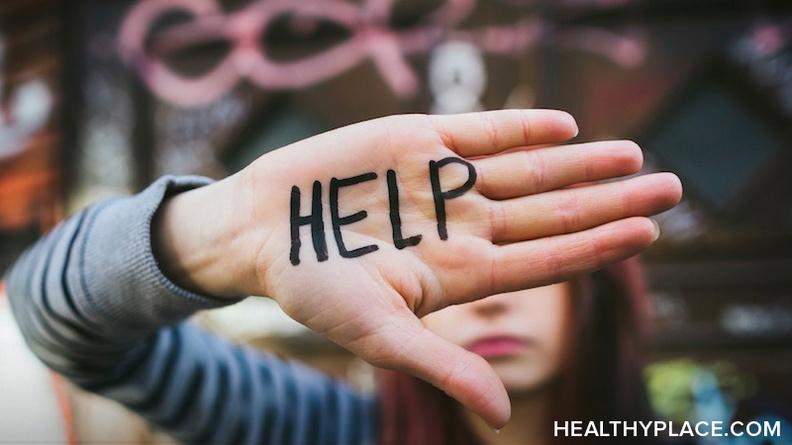Mental Health Relapse Warning Signs

When you were first diagnosed with a mental illness, you were probably pretty confused. Life became sort of foreign. Sometimes, the past felt like a preferable place to be, even if we were sick. After all, we didn't always know we were ill. But after we come to a place of acceptance, we learn a few things and one of them is understanding signs of a mental health relapse.
What is a Mental Health Relapse?
In my last post, I focused on how physical symptoms of depression and mental illness can indicate relapse but that excludes many of the mental - psychological signs of relapse.
Signs of a mental health relapse often include...
- Agitation
- Problems falling asleep or staying asleep
- Lack of appetite; increased appetite
- Confusion
- Racing thoughts or feeling like your thoughts have slowed down
- Thoughts and/or beliefs that might be irrational
- A high sense of anxiety
- A feeling of fear and rejection; often a person can feel misplaced guilt
- Restlessness
- Anger
We all exhibit different signs. I might be up all night with anxiety; you might be unable to stay awake during the day. I might become angry and you may become quiet. You might suddenly feel as if you cannot communicate to the world as you once could.
How Do I Know If This Is a Mental Health Relapse?
One of the biggest problems in living with a mental illness is that we often lose insight when we become unwell; we are not able to analyze our actions and feelings.
Sure, maybe we have been a little angry lately, but isn't everyone? Maybe. Using this example, you might ask yourself whether or not your anger is misplaced. Are you angry at someone in particular and for a specific reason, or are you angry for a reason you cannot identify?
It's hard to figure out on our own. It's taken me a long time to understand this and it has taken me even longer to understand that sometimes I need to ask for feedback.
Ask those you love how they feel you are doing. If they tell you they are concerned, try not to throw something (if you do, they are probably correct) and take a minute to think about it.
It's better to spend twenty minutes in your psychiatrist's office making sure things are going well then to wake up one day and realize you have relapsed. And relapse leaves a lot to be desired. Recovering from mental illness is a life long journey but we learn more each step we take.
APA Reference
Jeanne, N.
(2012, August 6). Mental Health Relapse Warning Signs, HealthyPlace. Retrieved
on 2026, March 3 from https://www.healthyplace.com/blogs/recoveringfrommentalillness/2012/08/mental-illness-relapse-warning-signs
Author: Natalie Jeanne Champagne
I only realised this afternoon I suffer from mental health relapse when I remember I just figured out I suffer from mental health and depression for three decades since by the time I started walking. By 5 I knew I needed help but didn’t know how to get it. When I did and told my parents they laughed at me and teased me and never spoke up since.
I got really sick aged 16 and only did doctors found out I have mental health issues from an MRI brain scan. Mental health relapse is so bad I’m self-harming myself when the relapse comes back. I’m on the brink of using a knife on me and have told my G.P and neuropsychologist for help. It’s damaging my body even further.